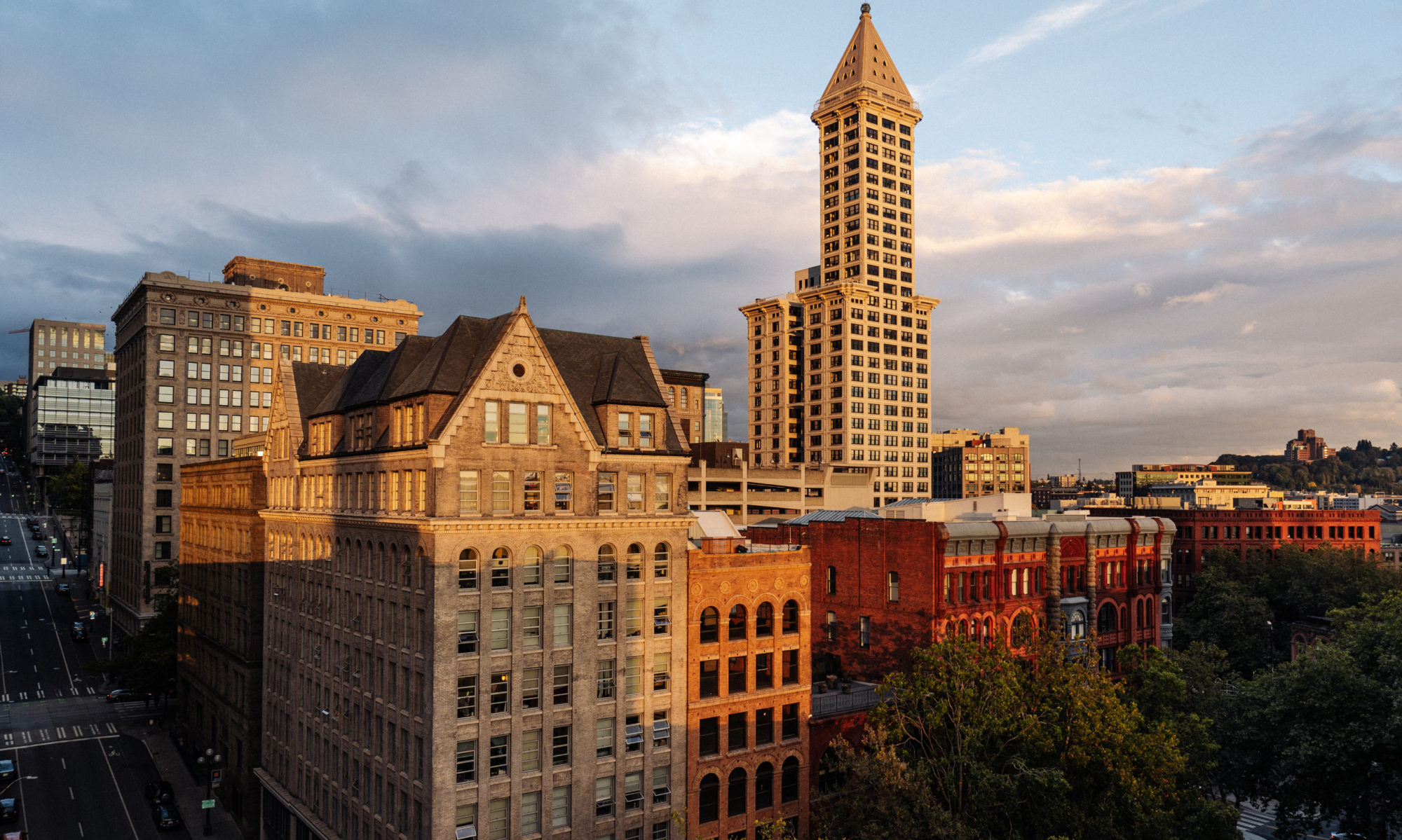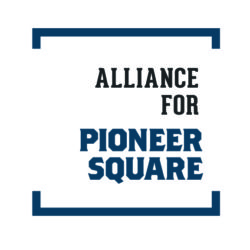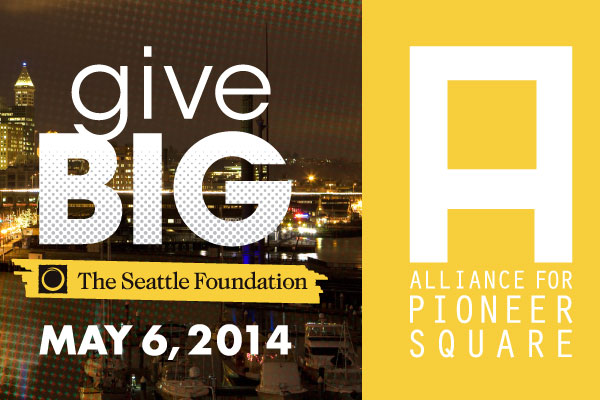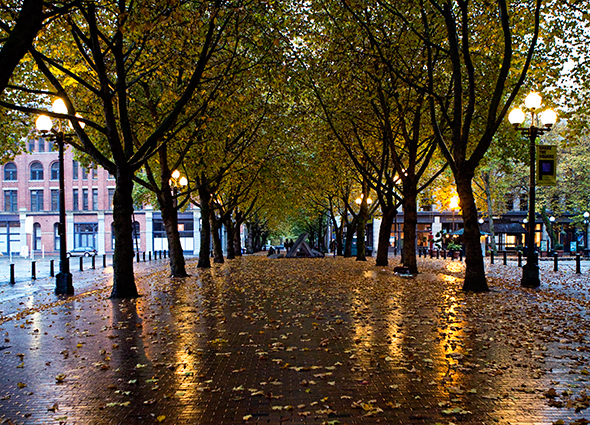Throughout Pioneer Square, there are heroes working to make the neighborhood a great place to be. GiveBIG and the Alliance for Pioneer Square honors our neighborhood heroes.
Jane Richlovsky is the founder of ’57 Biscayne, a 13-studio artist space on the corner of 1st Avenue & Cherry Street in Pioneer Square. Jane is a former tenant of the 619 Western art building which was shut down due to seismic safety concerns. The 619 Western was legendary for its contribution to Pioneer Square’s First Thursday art walk and many were sad to see it go, but Jane wanted to create something positive out of her eviction. She took her relocation funds from the Washington State Department of Transportation, gathered a few of her compatriots from the 619 Western and created a new space in the neighborhood that was safe for artists to work in. Best of all, she helped keep artists in the neighborhood.
Thanks Jane Richlovsky, for bringing ’57 Biscayne to the neighborhood and for keeping art and artists in Pioneer Square! In addition to running the art studios, Jane has stepped up to be on the Pioneer Square BIA Board. What a hero!
You too can be a neighborhood hero on May 6th during the Seattle Foundation’s GiveBIG event. Make a donation to the Alliance for Pioneer Square on our GiveBIG page on May 6th and have it matched by a percentage of the stretch pool fund. You’ll help continue our revitalization efforts to make Pioneer Square the place to be for everyone.





